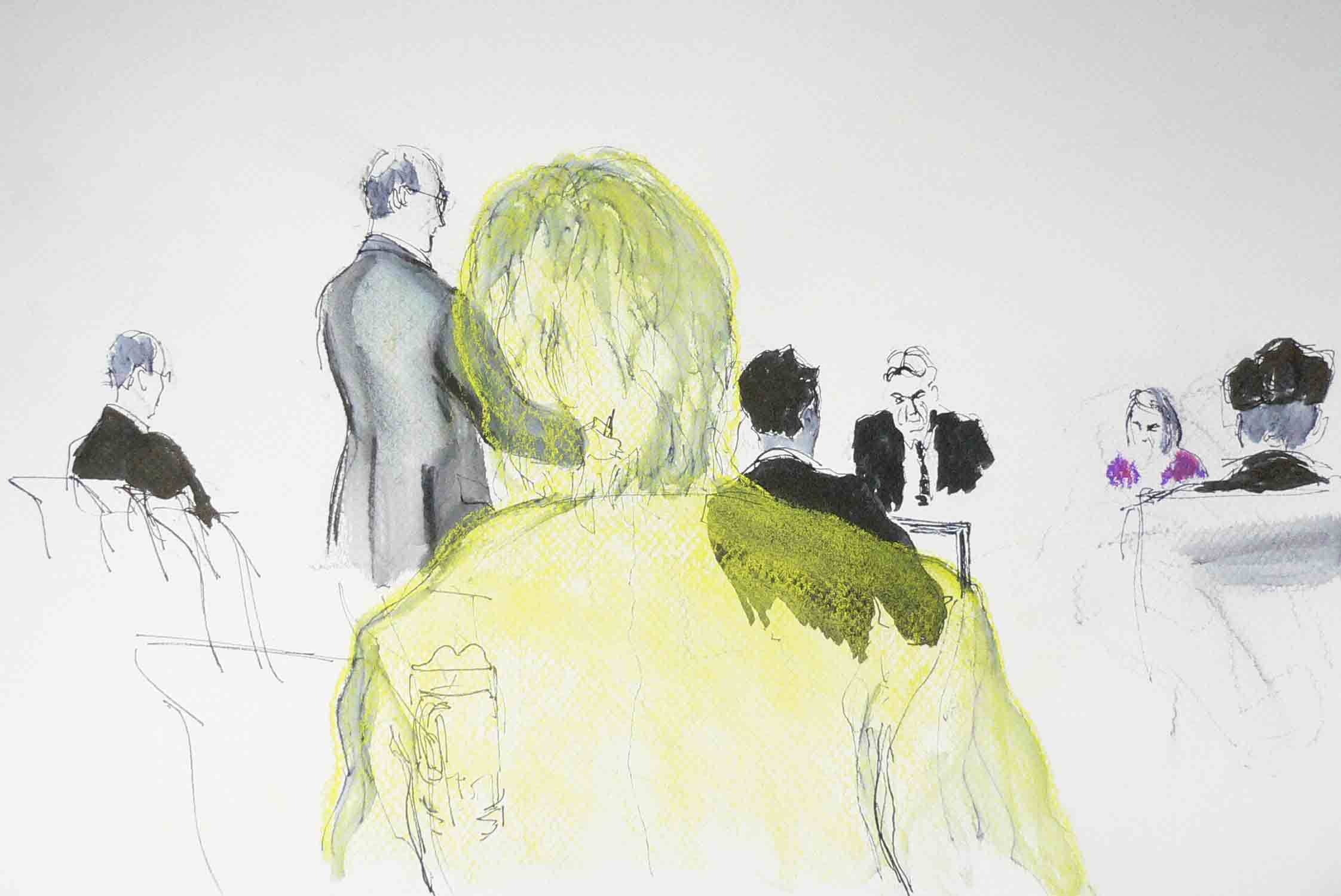The chairman of the body set up to investigate alleged miscarriages of justice called for another £1m to deal with the growing queues of prisoners alleging miscarriages of justice.
“Money is in short supply, and lack of resources is the biggest inhibitor in our work,” Richard Foster told members of the Commons’ justice select committee this week. The CCRC reckons it needs to increase their £5.1m budget by £1m to adequately deal with a backlog that currently has prisoners waiting six and a half months before their case is reviewed and nine months for those not in custody.
- Read Richard Dunstan on the plight of the asylum seekers wrongly convicted of passport fraud. So far 14 such cases have been referred to the appeal courts on the CCRC’s recommendation and in 12 cases convictions were quashed. “You’re talking about the waste of very considerable sums of money,” Richard Foster told the Commons’ justice select committee.
- Sketch by Isobel Williams of AA (Somalia) v Entry Clearance Officer (Addis Ababa) in the Supreme Court – see Isobel’s website
Richard Foster and Karen Kneller, the CCRC’s chief executive, were asked by the Labour MP Jeremy Corbyn if the CCRC had the “independence and clout” to deliver on the promise of the Royal Commission that recommended a body to investigate miscarriages of justice in response to the scandals such as the Birmingham Six and Guildford 4.
Foster responded by saying that the CRCC had received some 15,000 applications since it was set up, reviewed 5,000 in some depth and so far referred 540 cases back to the courts in which convictions were quashed. He pointed out the CCRC, in its first couple of years, referred “as many cases as the Home Office dealt with in the entirety of its existence”.
“Yes, I think we have the independence and, yes, we have the clout – subject to the issue of section 17 powers,” he said. The Criminal Appeal Act 1995, s17 was introduced to give the CCRC unprecedented power to force public bodies to release documents and materials in connection with their investigations.
“Austerity came early to us,” the CCRC chair told MPs; adding that from 2008 to 2009 the Commission had “no increase in funding at all. In real terms, our budget is 25% less for us than in 2008/09.”
Foster reported that there had been an increase of funding £450,000 last year in response to a dramatic increase in the volume of applications as a result of simplifying the application form – see HERE.
According to Foster, the volume of applications to the Commission had shot up by 75% in the last couple of years. “An 8% increase in budget is nothing like enough to cope with the extra volume,” he added.
Foster also told MPs that about 90% of applications from from Crown Court convictions and that represented 1.2% of all such convictions.
“A very small percentage of people convicted come to us and of those about 97% we decide are perfectly safe convictions. The cases we are referring as miscarriages are only a very small percentage of a very small percentage.”
Richard Foster
On the CCRC’s section 17 powers, the CCRC pointed out it could only compel public bodies to release material. “A large number of bodies have moved to the private sector or in are process of doing so – such as Forensic Science Service, probation, parts of the police and health service,” he said. Foster cited an example where it took a year to obtain “documents vital to an inquiry” from criminal justice charity “almost entirely supported by public funding”. Foster pointed to the Scottish CCRC which had the power to compel private as well as public bodies to release material by way of application to courts. “That change would be biggest single thing that would help us,” he added.
Committee chair Alan Beith also quizzed the CCRC about their view on the controversy over the CCRC’s statutory test for referring cases back to the Court of Appeal under the Criminal Appeal Act 1995, s 13(1) (the Commission can not refer applications to the appeal court if there is a ‘real possibility’ that the conviction would not be upheld). Critics argue that the Commission is hamstrung by this ‘real possibility test’ which encourages the CCRC to second guess the Appeal judges.
Foster reasoned that once the decision was taken by the Royal Commission that it must be for the court to decide appeals (as opposed to establishing the CCRC as a determinative body), it then followed in thinking about a referral the Commission had to put itself in the mind of the court. “Otherwise you are at risk of sending to court a lot of cases they are simply going to bin,” he added. Foster took issue with those critics who have argued for “an innocence test”. “Demonstrating a conviction is unsafe is a much lower hurdle than demonstrating once someone is convicted they are actually innocent. My view is if we are in the gray area we should always refer.”
Foster cited the case of Tony Stock, the only case to have been referred back for a second time by the CCRC, and said that the CCRC would be referring “at least one more case for a second time within the next few months”.








